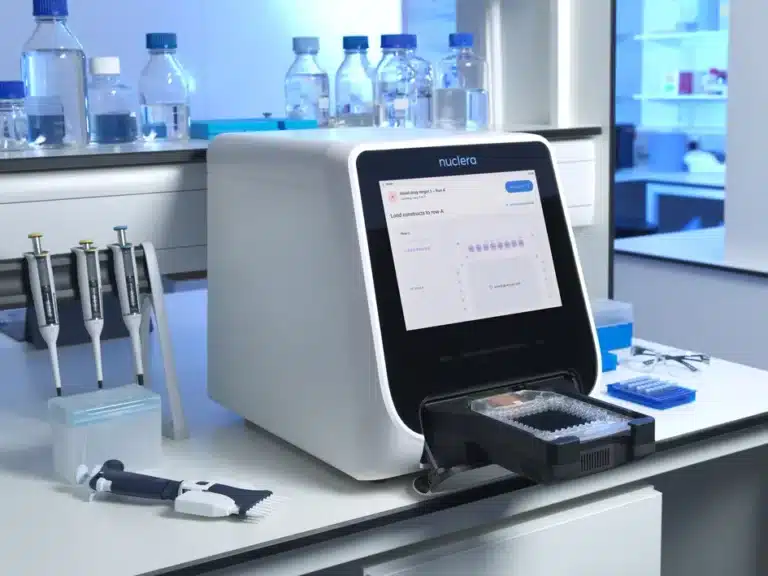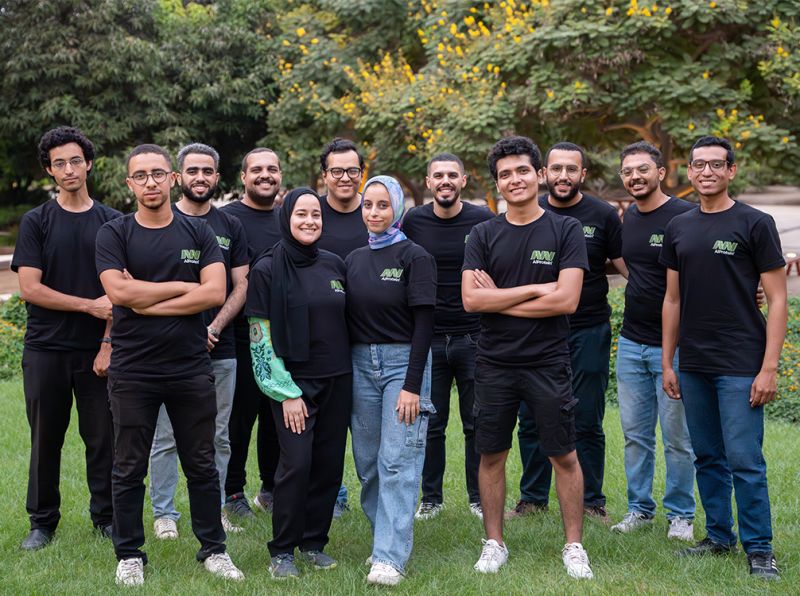

21st.BIO introduces safer fungal strain for industrial protein production
21st BIO, a precision fermentation technology company with operations in Copenhagen and Davis, California, has announced a key safety milestone with the development of what it describes as the world’s first fully mycotoxin-free Aspergillus oryzae strain lineage for use in industrial protein production. The development, recently published in the journal Applied Microbiology and Biotechnology, addresses a longstanding safety concern associated with the use of filamentous fungi in food production.
The proprietary strain has been engineered to eliminate all known mycotoxin biosynthesis pathways, including genes associated with aflatoxins, cyclopiazonic acid, and 3-nitropropionic acid. Additionally, the penicillin G biosynthesis cluster was removed, preventing the production of antibiotics or other unwanted secondary metabolites.
“This breakthrough is not just a scientific achievement – it’s a game-changer for our customers,” said José Arnau, Executive Director of Strain Development & Regulatory Affairs at 21st BIO and the study’s lead author. “By eliminating the last safety challenge around filamentous fungi, we’re unlocking the full industrial potential of A. oryzae for food protein production.”
Aspergillus oryzae, a filamentous fungus with a long history of safe use in food fermentation, is gaining favor over traditional bacterial or yeast-based fermentation platforms due to its high protein yields, robust growth on low-cost feedstocks, and scalability. These attributes make it a promising candidate for producing cost-effective and sustainable food and feed proteins at commercial scale.
The company’s achievement represents what Arnau described as a new 'gold standard' for precision-fermented protein production. 21st BIO is already using the strain lineage to support the production of beta-lactoglobulin (BLG), a key dairy protein, which recently achieved self-affirmed GRAS (Generally Recognized As Safe) status in the USA. According to the company, this helped partners accelerate the timeline for introducing products to the US market.
“It’s, for example, the foundation behind our beta-lactoglobulin program, which achieved a GRAS self-affirmation status in record time and is already supporting partners preparing to launch products in the USA,” Arnau said. “It should also entail a faster process for approval in Europe.”
21st BIO provides a full suite of services designed to make industrial-scale fermentation accessible to biotech and food companies. Its offerings include strain development, fermentation process optimization, technology transfer, and regulatory support. By combining these capabilities, the company helps accelerate the development and commercialization of novel protein ingredients.
The same strain lineage is now being used for additional protein targets, including caseins and other proteins relevant to the dairy sector, as well as for applications in agriculture and biomaterials. With increasing demand for functional and sustainable protein ingredients, the company sees broader opportunities for filamentous fungi, provided regulatory systems evolve to keep pace with technological developments.
At present, the European Union’s regulatory framework for food safety, known as the Qualified Presumption of Safety (QPS), does not recognize filamentous fungi at the strain level, limiting approvals to species-level assessments. According to 21st BIO, this framework does not reflect the level of precision now possible in genetic engineering and molecular analysis.
In its announcement, the company urged EU regulators to modernize the QPS framework to allow for more nuanced, science-based assessments of fungal strains. “Updating the QPS framework to include rigorously developed fungal strains would unlock faster, science-based approval pathways and support the growth of safe, sustainable protein innovation in Europe,” the company stated.
The strain’s safety profile, confirmed through genomic sequencing and molecular characterization, positions it as a platform for accelerating product development in multiple sectors. With self-affirmed GRAS status secured for BLG, 21st BIO is currently working with partners to bring the first precision-fermented BLG products to market in the USA. The company expects this safety milestone will also facilitate faster regulatory progress in other regions.
If you have any questions or would like to get in touch with us, please email info@futureofproteinproduction.com

.png)



.jpg)


